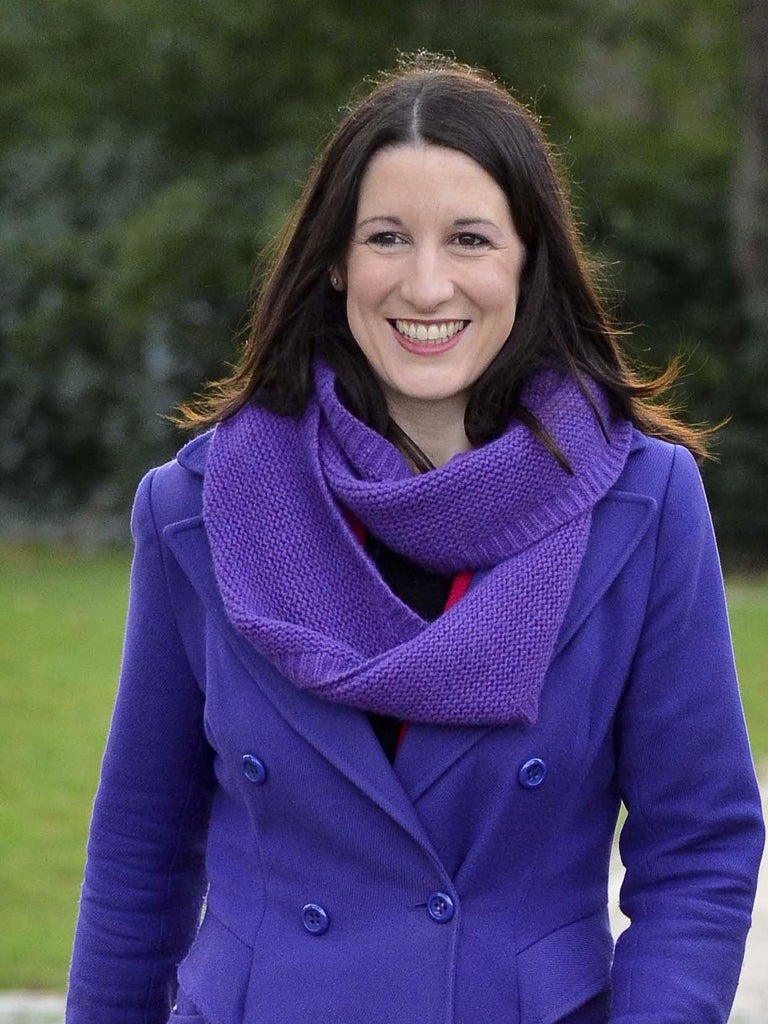It is only exports that are making the UK economy grow at all

Your support helps us to tell the story
From reproductive rights to climate change to Big Tech, The Independent is on the ground when the story is developing. Whether it's investigating the financials of Elon Musk's pro-Trump PAC or producing our latest documentary, 'The A Word', which shines a light on the American women fighting for reproductive rights, we know how important it is to parse out the facts from the messaging.
At such a critical moment in US history, we need reporters on the ground. Your donation allows us to keep sending journalists to speak to both sides of the story.
The Independent is trusted by Americans across the entire political spectrum. And unlike many other quality news outlets, we choose not to lock Americans out of our reporting and analysis with paywalls. We believe quality journalism should be available to everyone, paid for by those who can afford it.
Your support makes all the difference.George Osborne faces claims that Britain's domestic economy is already in recession, with only exports seeing growth in 2011. Research by the House of Commons library, released by the Labour Party, suggests only overseas trade growth ensured the economy grew last year.
The claim comes ahead of the publication of growth figures for the final quarter of 2011. If, as some predict, the economy shrank by 0.1 per cent, there is likely to be a flurry of headlines warning of a "double dip" recession. Even optimists expect growth of only 0.1 per cent, which will not delight the Treasury.
While retail figures in the run-up to Christmas were better than expected, stores were forced to dramatically cut prices to lure in shoppers spooked by the Government's austerity measures. Manufacturing is also thought to have suffered.
The Chancellor has warned it will take "a long time to recover from a big banking crisis" and cautioned against over-optimism. "You don't have to tell me that the economic environment is very difficult for Britain and indeed for the whole world," he told the BBC. "We are next door to the eurozone so, of course, we are affected by what's going on."
In his Autumn Statement in November, Mr Osborne revealed the official growth forecast for 2011 had been downgraded from 1.7 per cent to 0.9 per cent. But the Commons library research notes that the contribution of net trade was revised upwards from 0.7 per cent to 1.2 per cent. "In simple terms, if it was not for trade, the economy would be projected to shrink over 2011," the study said.
Labour has seized on the report, saying it contradicts coalition claims that Britain's domestic woes are caused by a lack of demand from abroad. Rachel Reeves, the shadow Chief Secretary to the Treasury, said: "When our economy has already flatlined for a year and unemployment is rising, it will not be good enough for George Osborne to claim next week that any positive figure is good news. After all, his Budget less than a year ago predicted growth of 0.6 per cent in the final quarter of last year.
"Far from the eurozone crisis being to blame for the poor performance of the British economy in the last 12 months, House of Commons Library figures show that rising exports actually kept Britain out of recession last year while domestic demand contracted."
Whatever the outcome in the last quarter, prospects for the next few months remain grim. Philip Shaw, the chief economist at Investec Securities, expects GDP to have declined by 0.1 per cent in the last quarter of 2011, and predicts further falls in the first half of 2012. "The better news is that we expect the downturn to be shallow and reasonably short," he said.
David Cameron yesterday spoke to the German Chancellor, Angela Merkel, ahead of a crucial European Council meeting at the end of this month. They agreed that there is "an urgent need to strengthen growth and to fight unemployment, in particular increasing youth employment in Europe".
The state of the global economy will be high on the agenda when world leaders, economists and big business gather at the World Economic Forum in the Swiss resort of Davos.
Mr Cameron is due to give a speech. The former prime minister Gordon Brown is also expected to attend.
Business pages 87, 90-91
Subscribe to Independent Premium to bookmark this article
Want to bookmark your favourite articles and stories to read or reference later? Start your Independent Premium subscription today.
Join our commenting forum
Join thought-provoking conversations, follow other Independent readers and see their replies
Comments